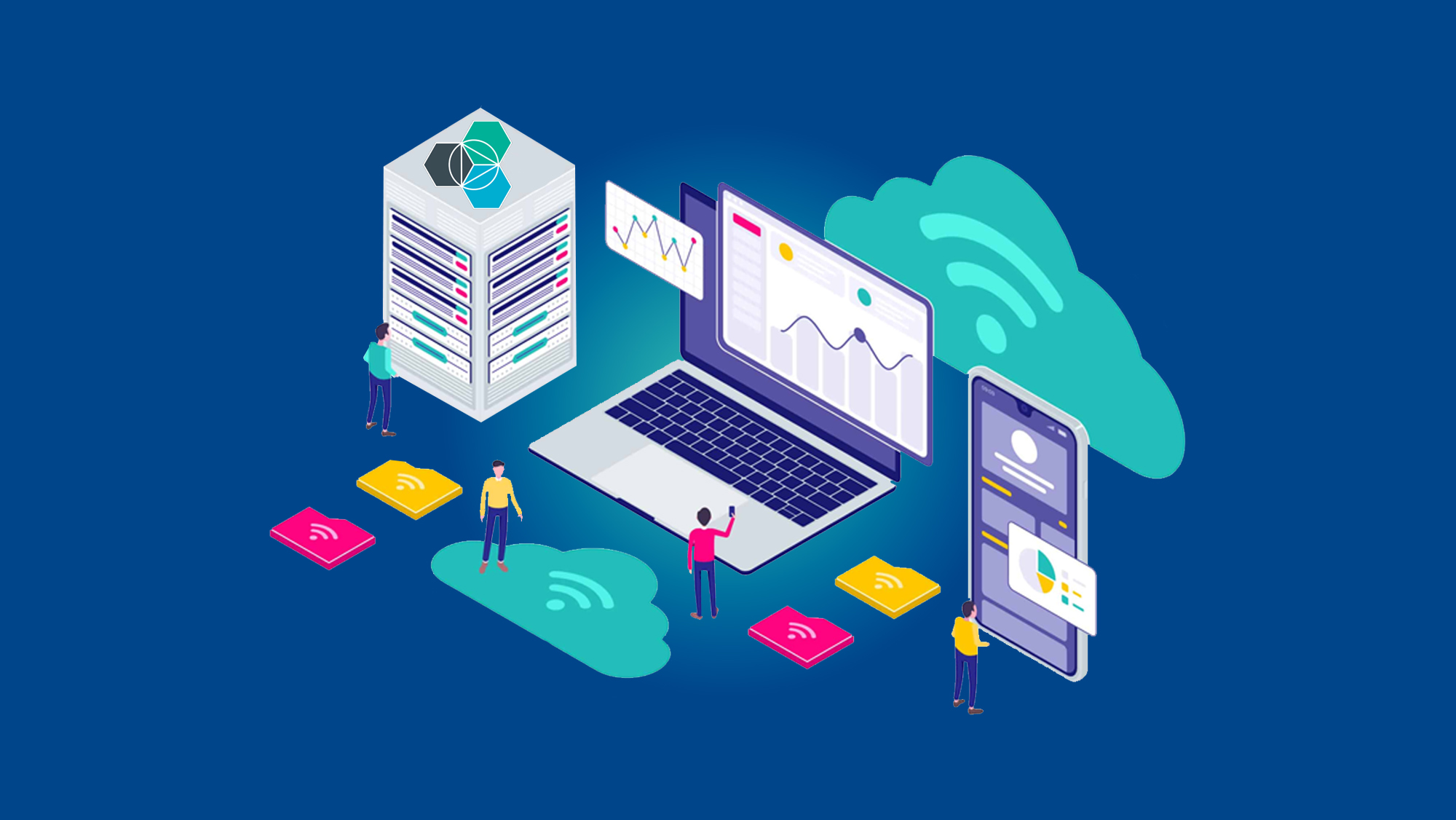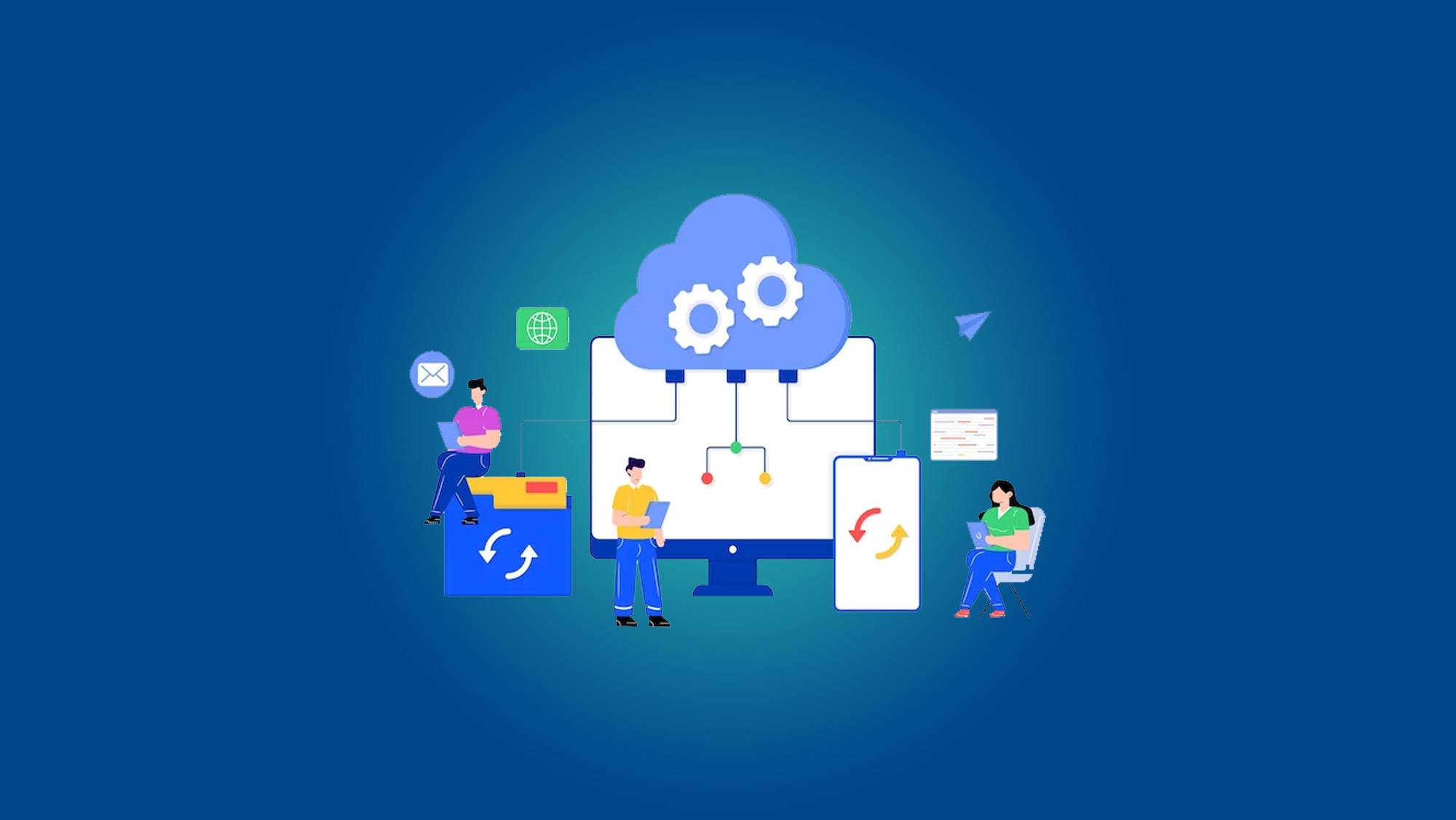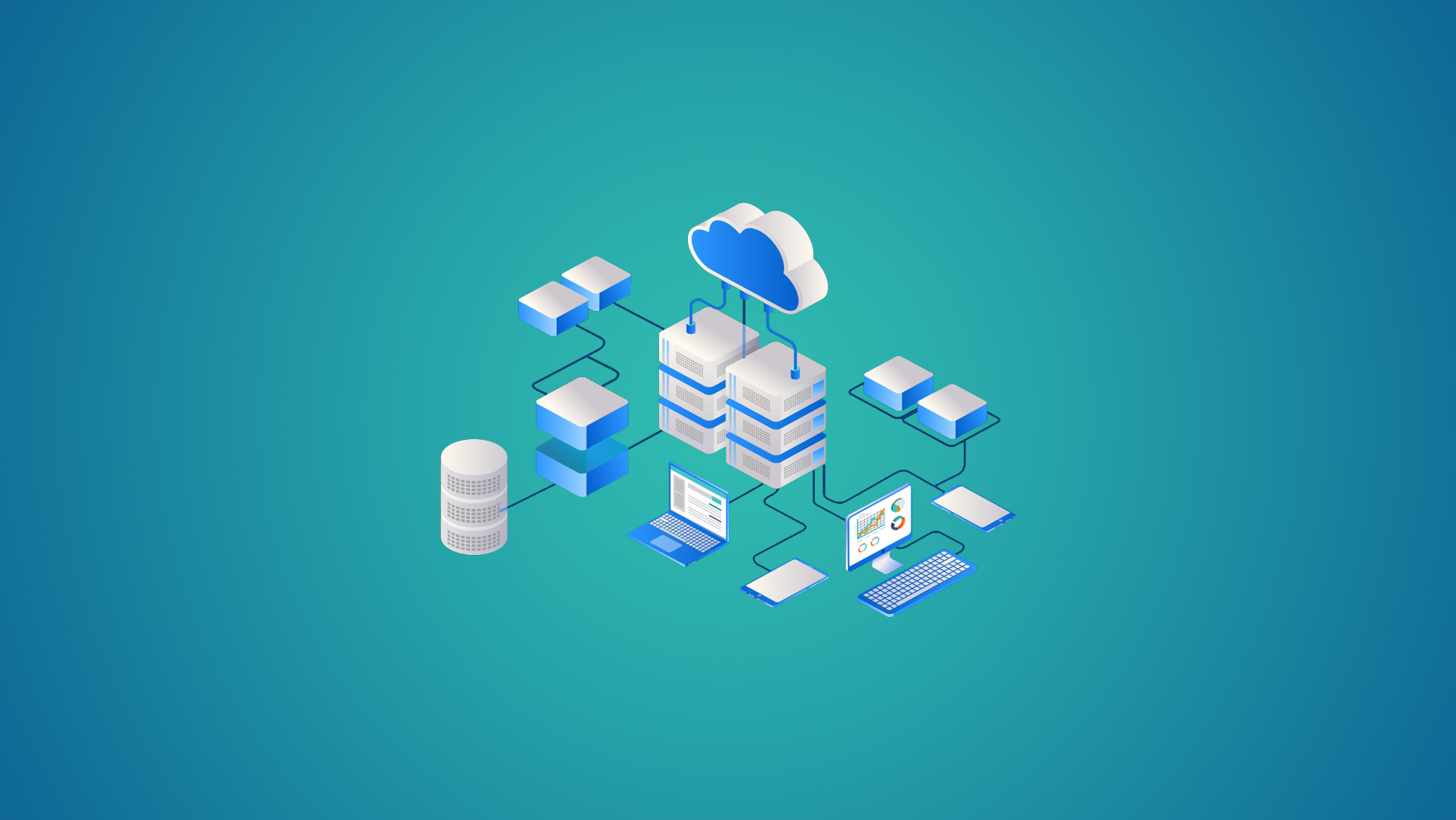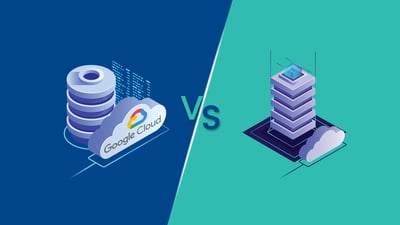Everything You Need To Know About Google Cloud Platform Training
Introduction:
Google Cloud Platform (GCP) has emerged as a leading cloud computing solution, offering a wide range of services for businesses to innovate, scale, and transform their operations. To effectively utilize the power of GCP, professionals are turning to specialized training programs. In this blog, we will delve into everything you need to know about Google Cloud Platform training, including its significance, key components, benefits, and available resources.
Why Choose Google Cloud Platform Training?
Benefits of GCP Training
Preparing for GCP Training
Career Opportunities in GCP Training
Why Choose Google cloud Platform Training?
Choosing Google Cloud Platform (GCP) training can offer several benefits for individuals and organizations. Here are some key reasons why you might consider Google Cloud Platform training:
- Industry-leading Cloud Platform: GCP is one of the leading cloud computing platforms, backed by the infrastructure and technology expertise of Google. By gaining proficiency in GCP, you can position yourself for career opportunities in the cloud industry.
- Wide Range of Services: GCP offers a comprehensive suite of services for computing, storage, networking, databases, analytics, machine learning, and more. By acquiring GCP skills, you can effectively leverage these services to build scalable, reliable, and innovative applications.
- Demand for GCP Professionals: As more organizations migrate to the cloud, there is a growing demand for professionals with GCP expertise. By investing in GCP training, you can enhance your employability and open up new career opportunities in cloud architecture, cloud development, data engineering, and more.
- Scalability and Cost Optimization: GCP provides flexible scalability, allowing you to easily scale your applications and resources based on demand. GCP also offers cost optimization features, enabling you to optimize resource usage and control expenses.
- Integration and Ecosystem: GCP integrates well with other Google services, such as BigQuery for analytics and AI/ML tools like TensorFlow. It also has a robust ecosystem of partners and third-party integrations, expanding the possibilities for building and enhancing applications.
- Certification Opportunities: Google offers professional-level certifications for various GCP roles, such as Cloud Architect, Data Engineer, and Machine Learning Engineer. Obtaining these certifications through GCP training can validate your skills and boost your credibility in the industry.
- Hands-on Learning Experience: GCP training typically includes practical, hands-on exercises and projects that simulate real-world scenarios. This enables you to gain practical experience in working with GCP services and strengthens your ability to apply your knowledge in real-life situations.
Benefits of GCP Training
Google Cloud Platform (GCP) training offers several benefits for individuals and organizations. Here are some key advantages of pursuing GCP training:
- Enhanced Cloud Skills: GCP training equips you with the necessary skills and knowledge to work with GCP's wide range of services and tools. You'll gain expertise in areas such as compute, storage, networking, databases, machine learning, and data analytics.
- Career Opportunities: GCP is widely adopted by organizations across industries, and there is a high demand for professionals with GCP expertise. By completing GCP training, you can enhance your employability and open up career opportunities as a cloud architect, cloud engineer, data engineer, or machine learning engineer.
- Scalability and Flexibility: GCP provides a highly scalable and flexible infrastructure, allowing you to easily scale your applications and resources based on demand. With GCP training, you'll learn how to effectively leverage GCP's scalability features to build resilient and scalable applications.
- Cost Optimization: GCP offers various cost optimization features and tools to help you optimize your cloud spending. By understanding these cost management strategies through training, you can effectively control expenses and maximize the value of your cloud investments.
- Integration and Ecosystem: GCP seamlessly integrates with other Google services and tools, such as BigQuery for analytics and TensorFlow for machine learning. GCP training enables you to leverage this integration and tap into the broader Google ecosystem, unlocking additional capabilities for your projects.
- Data Analytics and Machine Learning: GCP provides robust data analytics and machine learning services, including BigQuery, Dataflow, and AI Platform. GCP training helps you harness the power of these services, enabling you to derive valuable insights from data and build intelligent applications.
Preparing for GCP Training
Preparing for Google Cloud Platform (GCP) training requires a systematic approach to gain a solid understanding of the platform. Here are some steps to help you prepare effectively:
- Familiarize Yourself with Cloud Computing Concepts: Start by understanding the basics of cloud computing, including the different service models (IaaS, PaaS, SaaS) and deployment models (public, private, hybrid). This will provide a foundation for understanding GCP.
- Explore GCP Documentation: Dive into the official Google Cloud documentation to gain insights into the various GCP services, their features, and use cases. Pay attention to core services like Compute Engine, Storage, BigQuery, and Pub/Sub, as well as specialized services like AI/ML and Data Analytics.
- Take Online Courses: Enroll in online courses and tutorials offered by Google Cloud Training or other reputable platforms like Coursera, Udemy, or LinkedIn Learning. These courses provide structured learning paths, hands-on exercises, and real-world scenarios to enhance your GCP knowledge.
- Practice with Qwiklabs and GCP Free Tier: Sign up for Qwiklabs to access interactive hands-on labs that allow you to work directly with GCP services in a real environment. Also, take advantage of the GCP Free Tier, which provides limited free usage of GCP services. Practice building and managing GCP resources to reinforce your learning.
- Join Online Communities and Forums: Participate in online communities, such as the Google Cloud Community, Stack Overflow, and Reddit. Engage with other GCP professionals, ask questions, and share your knowledge. Networking with peers can provide valuable insights and help address any queries you may have.
- Take Sample Exams: To assess your knowledge and readiness, attempt sample exams or practice tests designed specifically for GCP certifications. These exams simulate the actual certification experience and help identify areas where you need further study.
Career Opportunities in GCP Training
GCP training opens up various career opportunities in the rapidly growing field of cloud computing. Here are some of the career paths and roles you can pursue after completing GCP training:
- Cloud Architect: As a Cloud Architect, you design and implement cloud solutions using GCP services. You develop cloud strategies, create architectural designs, and ensure scalability, security, and reliability of cloud infrastructure.
- Cloud Engineer: Cloud Engineers are responsible for implementing and managing cloud solutions on GCP. They configure and deploy GCP services, monitor system performance, troubleshoot issues, and optimize cloud infrastructure.
- Data Engineer: In this role, you work with big data solutions on GCP. You design and build data pipelines, perform data transformation and analysis, and utilize GCP services like BigQuery, Dataflow, and Pub/Sub to process and store large volumes of data.
- Machine Learning Engineer: As a Machine Learning Engineer, you leverage GCP's AI/ML capabilities to develop and deploy machine learning models. You train and optimize models using GCP services like AI Platform, AutoML, and TensorFlow.
- DevOps Engineer: DevOps Engineers focus on automating software delivery and infrastructure management on GCP. They utilize tools like Kubernetes, Docker, and Jenkins to build and deploy applications in a cloud-native and scalable manner.
- Cloud Consultant: Cloud Consultants provide strategic guidance to organizations on adopting GCP. They assess business needs, recommend GCP solutions, and assist in the migration and integration of existing systems to GCP.
- Solutions Architect: Solutions Architects design end-to-end solutions using GCP services. They understand client requirements, propose appropriate GCP architectures, and ensure alignment between business goals and technical implementation.
Conclusion:
Google Cloud Platform training is essential for professionals seeking to harness the full potential of GCP and stay competitive in the rapidly evolving cloud computing landscape. With its comprehensive set of services and robust infrastructure, GCP offers endless possibilities for organizations across industries. By investing in GCP training, you can unlock new career opportunities, drive business innovation, and contribute to the success of your organization in the cloud-first era.
You May Also Like
These Related Stories

Everything You Need to Know About IBM Bluemix Training

Everything You Need To Know Oracle Fusion Cloud Technical Training





No Comments Yet
Let us know what you think